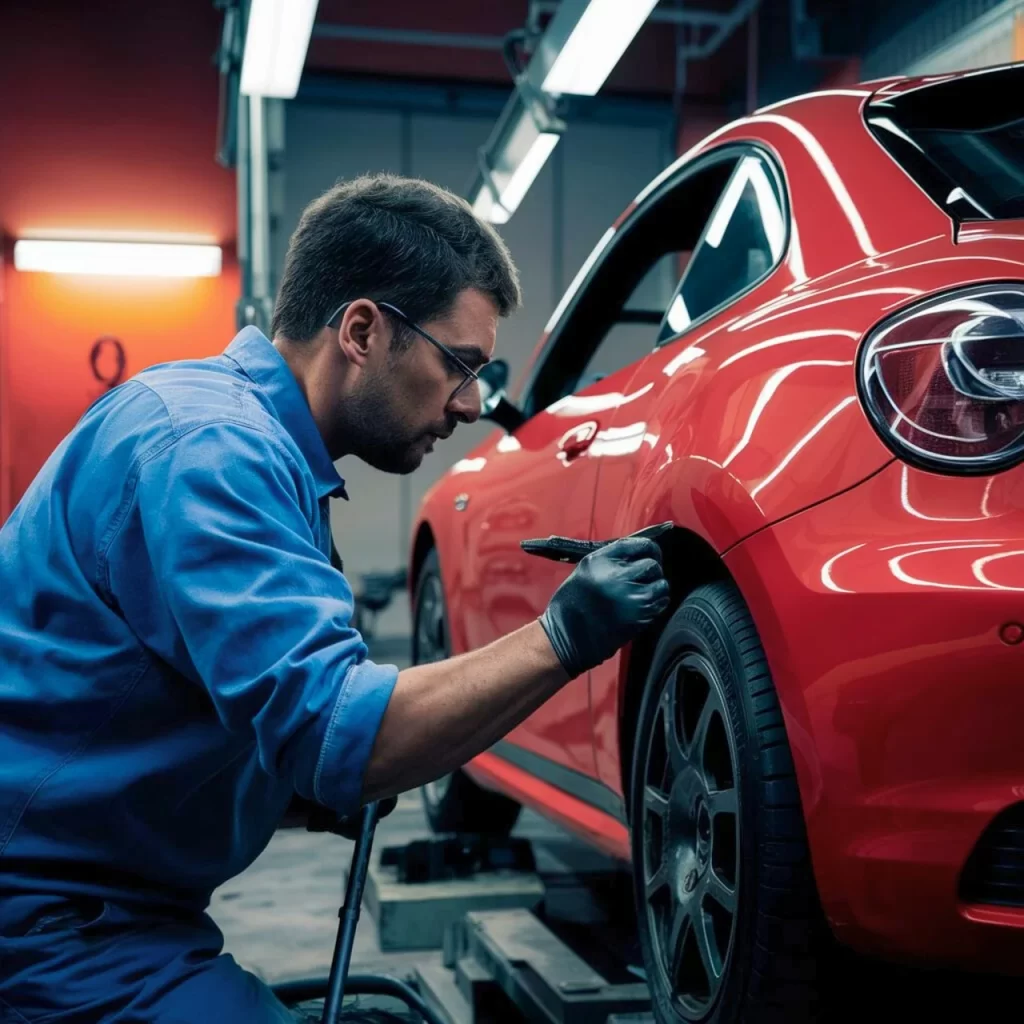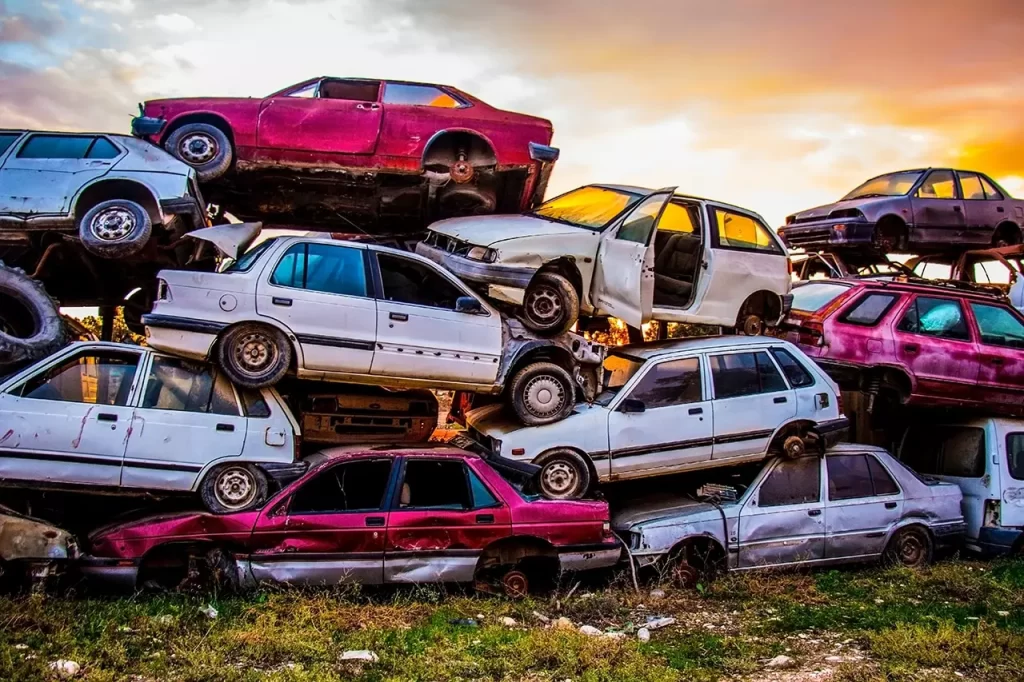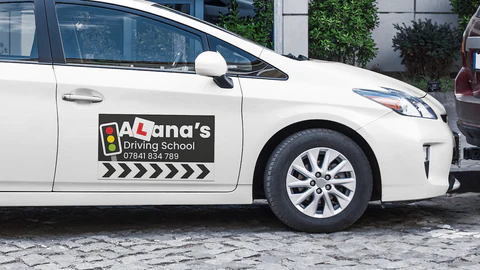Introduction
Regular car maintenance is essential to ensure the longevity and performance your vehicle. Maintenance is essential to keep your vehicle running smoothly and ensure your safety. Expert advice about essential car maintenance tasks every vehicle owner must know.
-
Regular oil changes:
- Your engine’s oil is its lifeblood, as it lubricates the moving parts to prevent wear and tear.
- You should follow the manufacturer’s recommended oil change intervals. This is usually every 5,000-7,000 miles.
- Use only the grade of oil recommended for your vehicle, and use quality oil filters.
- Regularly check the oil level and add more if needed.
-
Tire Maintenance:
- Regularly inspect tires, both sidewalls as well as tread for damage and wear.
- To ensure an even tire wear, rotate tires every 5,000-7,000 miles.
- Tire pressure should be maintained according to manufacturer’s specifications.
- Tire alignment and balance should be checked periodically to avoid uneven tire wear.
-
Brake System
- Regularly inspect brake pads and rotors to check for wear. Replace worn-out pads.
- Check brake fluid levels and top-up if needed.
- If you hear or feel unusual vibrations, have the brake system checked by a professional.
- Replace brake fluid at intervals specified by the manufacturer.
-
Fluid Levels:
- Check the fluid levels of other fluids, such as transmission fluid, coolant and power steering fluid.
- Replace fluids according to the manufacturer’s recommendations.
- To prevent damage to your vehicle, inspect for leaks immediately and fix them.
-
Air Filter
- Replace the air filter on a regular basis to ensure that the engine receives the proper amount of air.
- The fuel efficiency of your engine can be affected by a dirty air filter.
- Replace the air filter if it is dirty or clogged.
-
Battery Maintenance
- If necessary, clean the terminals of your battery if they are corroded.
- Regularly check the battery voltage and charge, especially during extreme weather conditions.
- If the battery is older than 3 to 5 years or shows signs of weakness, such as a slow cranking, replace it.
-
Cooling System
- Top up the coolant with the correct mixture.
- Replace hoses and belts if they show signs of wear.
- Replace coolant and flush the system according to manufacturer’s instructions, which is usually every 2 or 3 years.
-
Lighting and Electrical System
- Regularly check all exterior and interior lighting, including brake lights, turn signals, taillights and headlights.
- For optimal visibility, replace bulbs as necessary and align them properly.
- Periodically test the alternator, starter, and battery to make sure the electrical system is working correctly.
-
Suspension & Steering
- Check suspension components, such as shocks, struts and bushings, for signs of wear.
- Top up the steering fluid if needed.
- If you hear unusual noises or notice handling problems, have the suspension and steering systems inspected by an expert.
-
Scheduled Maintenance
- The owner’s guide will tell you how to maintain your vehicle.
- Make sure to schedule regular inspections, and make service appointments in order to deal with any issues that may arise before they turn into major problems.
- Keep detailed records for all repairs and maintenance performed on your car.
Conclusion
Regular maintenance is vital to keep your car running safely and smoothly. Follow these expert tips to extend the life of your vehicle, improve its performance and avoid expensive repairs. Prioritize car maintenance to enjoy a safe and reliable driving experience.








